Islamic Revolution at 45: Imam Khomeini's legacy and end of US imperialism
By Mohsen Badakhsh
The 1979 Islamic Revolution spearheaded by Ayatollah Ruhollah Khomeini centered on the principles of justice and struggle against hegemonic powers of the world and laid the foundation for other movements across the world, from South Africa to South Asia.
Imam Khomeini had the distinction of being the first world leader to break all ties with the then South African apartheid regime as well as the Zionist regime in Tel Aviv, bravely declaring them as illegitimate entities in what was widely regarded as a daring move by the nascent Islamic Republic.
Over the years, the Islamic Republic of Iran remained steadfastly devoted to one of the key founding principles of Imam Khomeini’s movement against global arrogance and international Zionism that vowed an all-out, unified effort (jihad) to liberate al-Quds (Jerusalem) and the entire occupied Palestine from the genocidal occupation and its Western backers.
I remember Imam Khomeini’s persistent calls for unity among Muslims as well as all oppressed people around the world to mount resistance against foreign-backed aggression and atrocities on their respective nations, famously insisting in one of his speeches following the victory of the Islamic Revolution that if every Muslim pours a bucket of water on Israel, it would be swiftly washed away.
As a student residing in the US during and after the victory of the Islamic Revolution in 1979, I can vividly recall the great impact of Imam Khomeini’s fearless statements against superpowers of the time, calling them such labels as ‘paper tigers’, ‘great Satan’, and ‘arrogant powers’ while urging oppressed populations to rise up against them and take matters into their own hands.
I also remember the sense of irrepressible fear and urgency that struck policymakers in Washington and Moscow in the aftermath of the Islamic Revolution, anticipating similar uprisings in their client states.
The US administration of Jimmy Carter at the time made no secret of its vigorous efforts to suppress any sort of revolutionary movements in the Muslim world, most particularly in the oil-rich Persian Gulf region and North Africa, citing Egypt – neighboring the occupied territories – as the most immediate source of concern.
Despite all attempts to contain the spread of the Islamic Revolution in the region, the people of Afghanistan – neighboring Iran – successfully waged a major resistance campaign that led to the eventual withdrawal of Soviet occupation forces from the country and the ouster of the nation’s Moscow-installed communist ruler.
Following the failure of repeated US efforts to engineer subversive plots and coups to topple the nascent Islamic Republic in Iran – as evident by documents discovered in the US Embassy in Tehran following its takeover by a group of Iranian students in November 1979 – Carter administration admitted to Washington’s role in instigating the imposition of a war of aggression against Iran by then Iraqi dictator Saddam Hussein in September 1980 as part of their new campaign to punish Tehran.
In line with these schemes, Washington called on its Western allies and its client Arab states to support and supply the Iraqi war of aggression against the Islamic Republic. That’s when Imam Khomeini coined the ‘Great Satan’ label for the US government, pointing to its history of aggressive and oppressive behavior, institutionalizing slavery, and waging wars and coups across the globe.
Interestingly, Imam Khomeini’s designation of the ‘Great Satan’ label for the US continues to resonate today, with the global condemnation of unreserved US support for the Israeli regime’s genocide against Palestinians in Gaza as well as its shipments of bombs and other weaponry to the Zionist entity.
The label has often been used across the globe and throughout the United States to describe Washington for its domestic policies facilitating persisting police brutality against African-Americans and other minorities, mass shootings, brutal anti-immigrant measures and Islamophobia as well as foreign meddling and waging military invasions, assassination terror attacks, economic sanctions, and supporting and supplying tyrants and terrorist groups in regions from Asia Pacific to Latin America.
While Imam Khomeini’s firm stance against dictators and arrogant powers drew the wrath and evil plots of global arrogance, international Zionism and the establishment of media conglomerates in the US and Europe, his unflinching defense of oppressed communities in their struggle for justice, basic rights and decent living, won him respect and admiration in the farthest corners of the world.
I recall attending a small gathering marking the second anniversary of the Islamic Revolution at a university in Mexico City while visiting there in 1981 and noticing the concern of the organizers about missing portraits of Imam Khomeini posted inside the campus to draw attention to the event.
They soon discovered, however, that students and passersby were removing Imam’s photos to keep them as souvenirs. The organizers then had to hand out all the pictures they had of Imam Khomeini.
That incident, I believe, spoke volumes about the extent of inspiration and influence Imam Khomeini generated across the globe through his leadership of the Islamic Revolution and bringing real freedom and independence to his nation while inspiring other communities to take similar actions.
I was also witness to the total transformation of Iranian and American friends following the victory of the Islamic Revolution in spite of all attempts to suppress the wave. The totally passive, apolitical, irreligious and trigger-happy individuals turned 180 degrees after the revolution, for real.
I have actually met numerous American and non-Iranian Muslims in the US who, by all means, are much more committed to the Islamic Republic and its founding principles than many people in Muslim countries, let alone those who have grown indifferent or reverted to their old ways.
There is one distinguished African-American friend, role model and community leader I would like to remember here, who wholeheartedly followed and preached Imam Khomeini’s teachings for decades and passed away last year.
Imam Abdul-Alim Musa was a totally selfless Muslim leader and a very active advocate and messenger of the Islamic Revolution across the globe in his struggle for justice, peace, racial equity and human rights. He did not shy away from sharing his past experience as a drug dealer hired by US government agents to distribute narcotics to youths in African-American communities before being jailed and eventually converting to Islam.
His simple, street talk reminding his audience about the realities of American history in institutionalizing slavery and racism that later developed into plotting coups and waging wars and military invasions drew large crowds and new interest in looking beyond current affairs as reported by the mainstream media.
While deeply critical of Washington’s oppressive policies and practices against African Americans and other minorities across America, Imam Musa was also well-informed about global affairs and passionately advocated the cause of Palestinian resistance against the US-backed Israeli occupation, persistently slamming Western nations for supporting the Zionist regime.
In most of his public addresses, he kept citing the Islamic Revolution and its founding principles as the model to follow by all nations and communities that seek independence and liberation from what he often referred to as “global bullies.”
Imam Musa, I strongly believe, was just one of thousands of Imam Khomeini’s passionate students and soldiers spread across the world, advocating his thoughts, his path and his unreserved commitment to Islam and God’s final messenger.
This fact, alone, explains the truth and glory of the Islamic Revolution and provides its true supporters the greatest hope and peace of mind.
Mohsen Badakhsh is an educator and freelance journalist.
(The views expressed in this article do not necessarily reflect those of Press TV.)
Iran FM: Success of nuclear talks hinges on ‘seriousness’ of US
Pro-military Israeli journalist detained on suspicion of raping child: Reports
Anthropic resists US War Department push for unrestricted AI access
Iran naval unit returns from drill, cmdr. vows to defend borders to ‘last breath’
VIDEO | Press TV's news headlines
Paris silencing pro-Palestine voices
Iran raises alarm at ‘environmental consequences’ of US militarism
Iran: UN Security Council inaction on Israeli crimes ‘catastrophic’


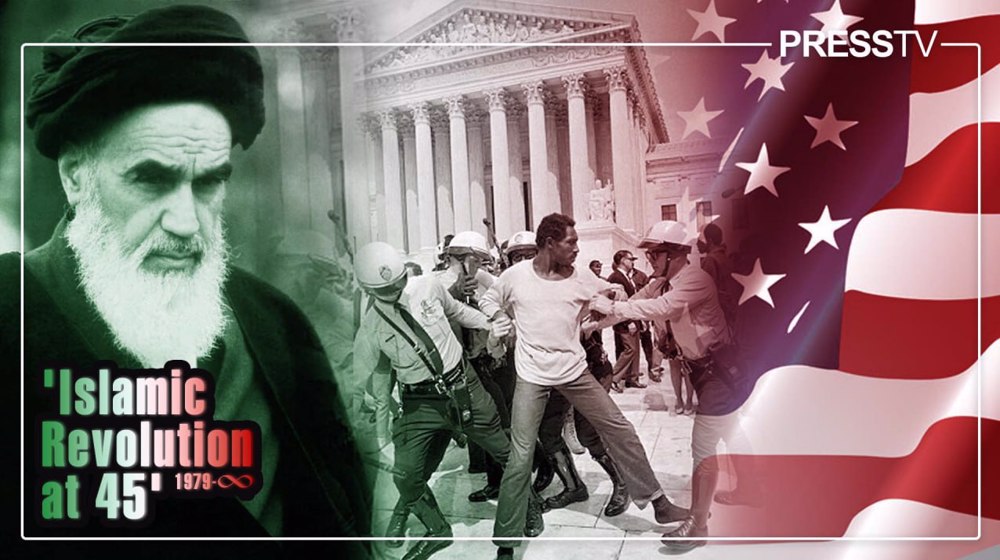
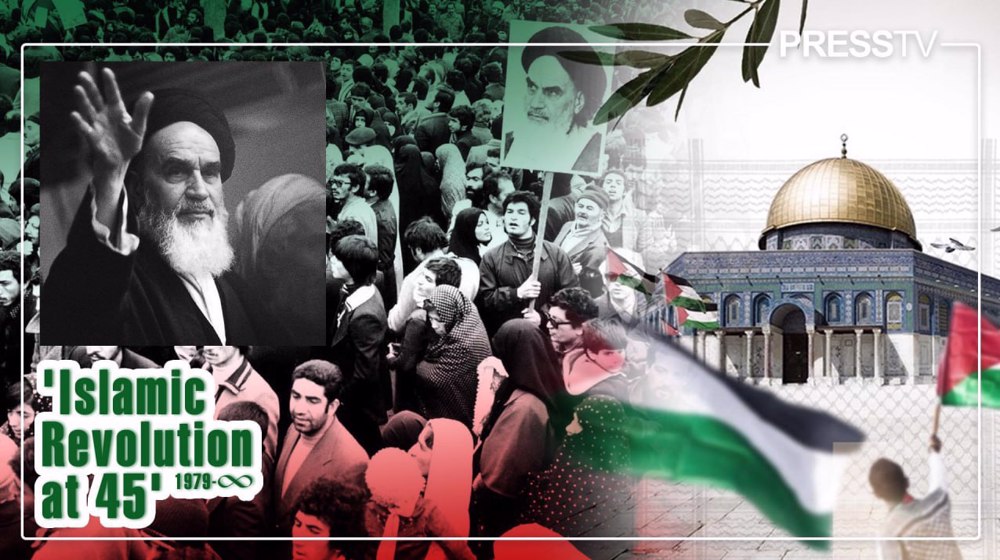
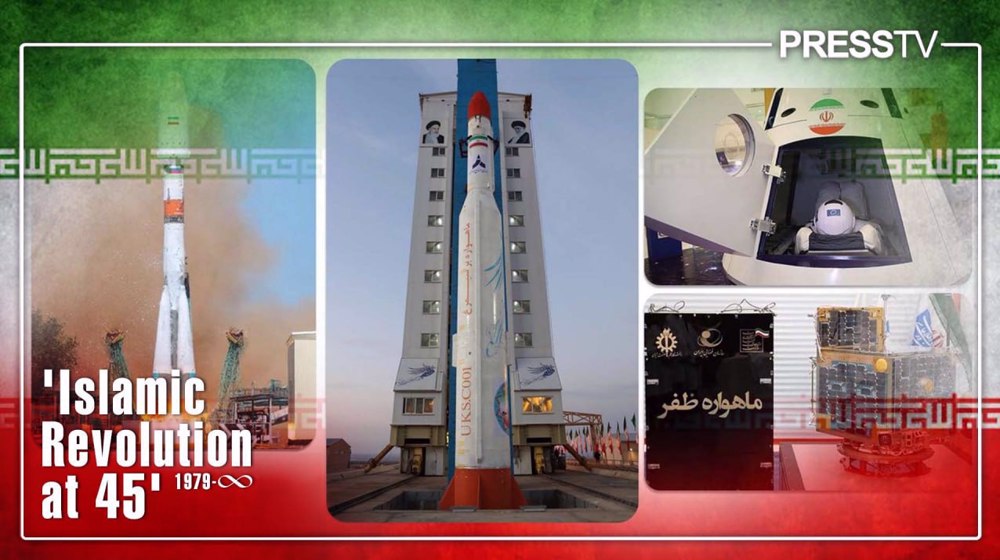
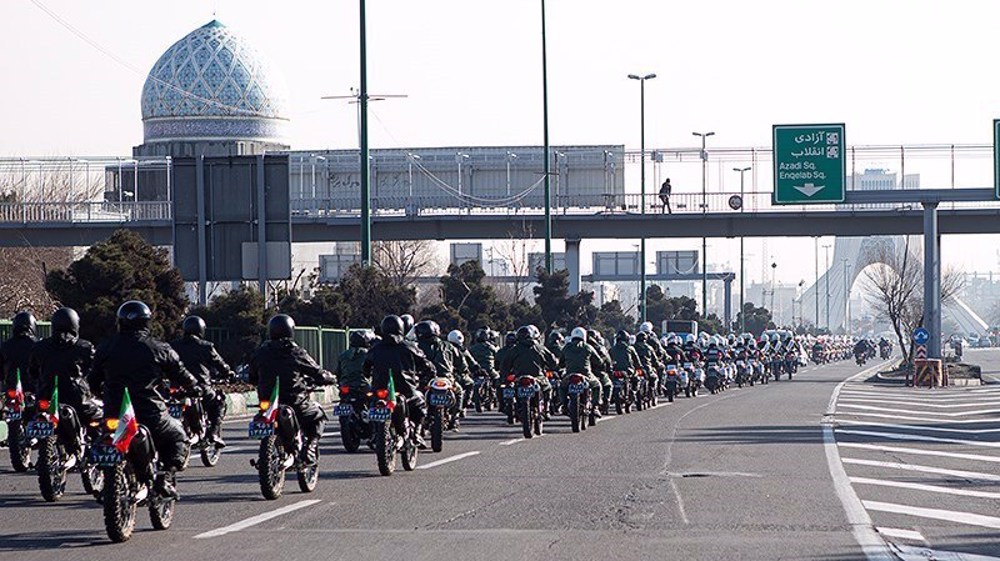
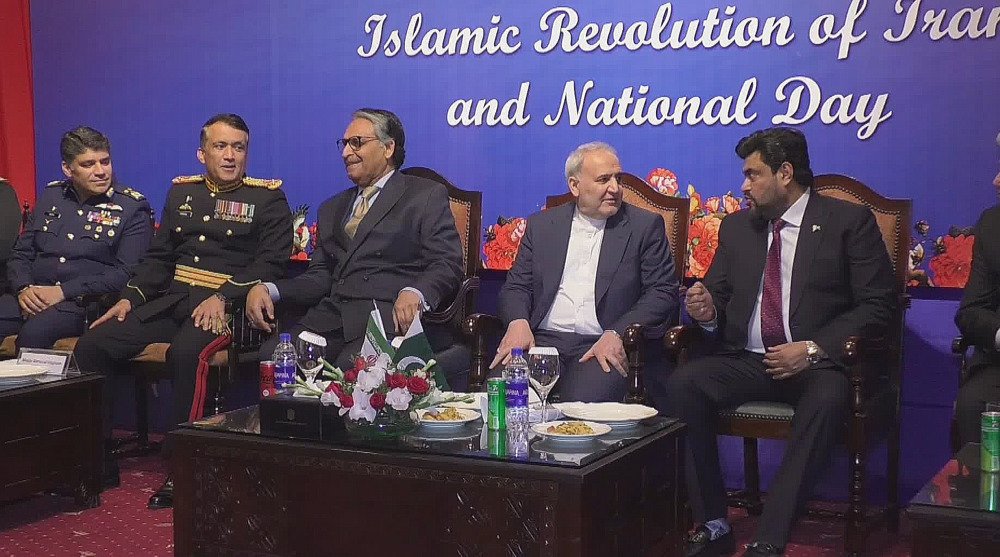
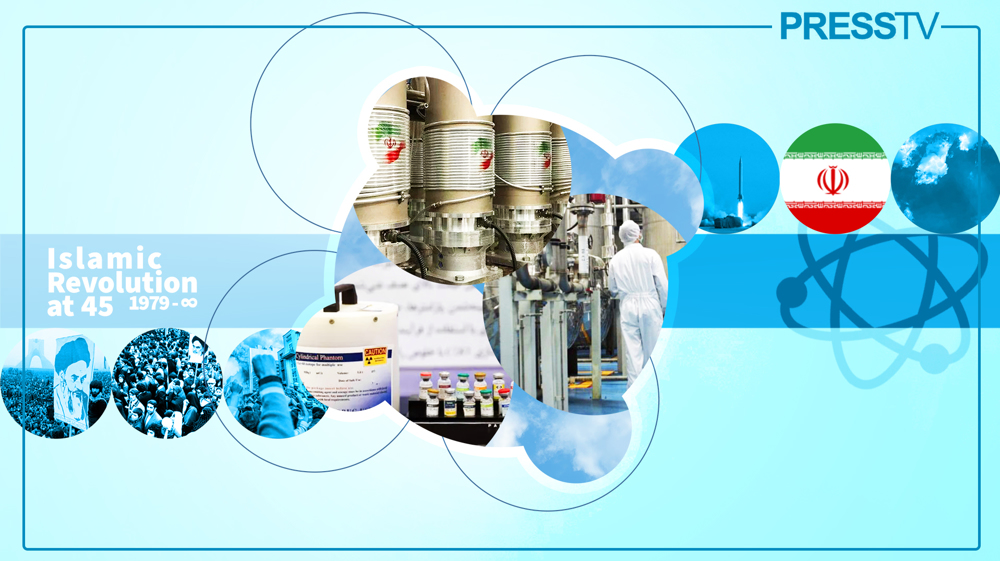



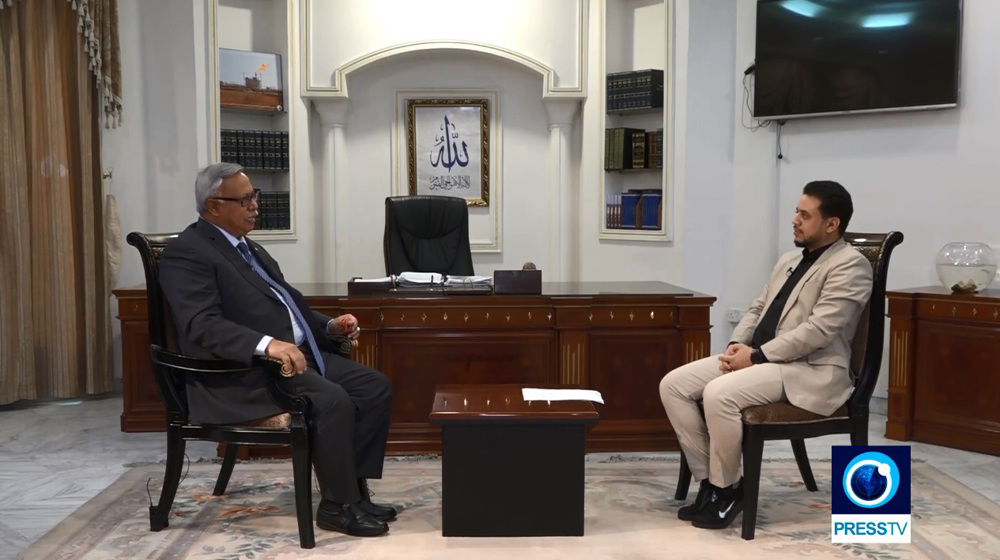
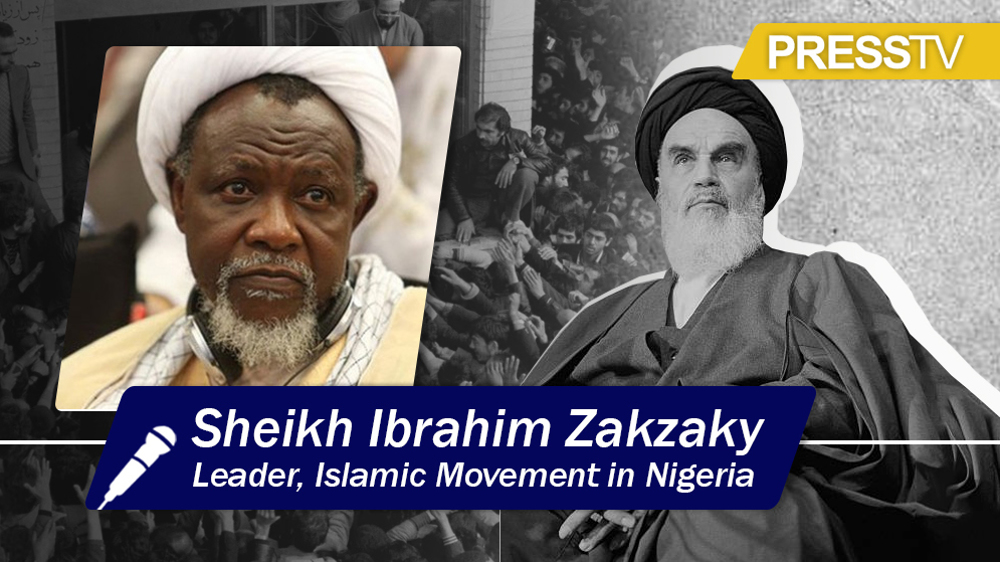
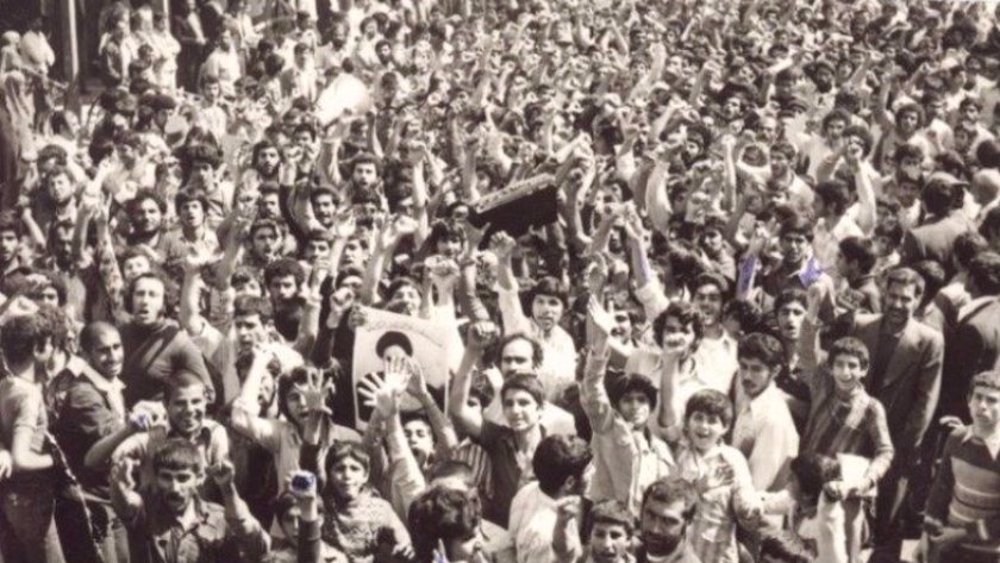
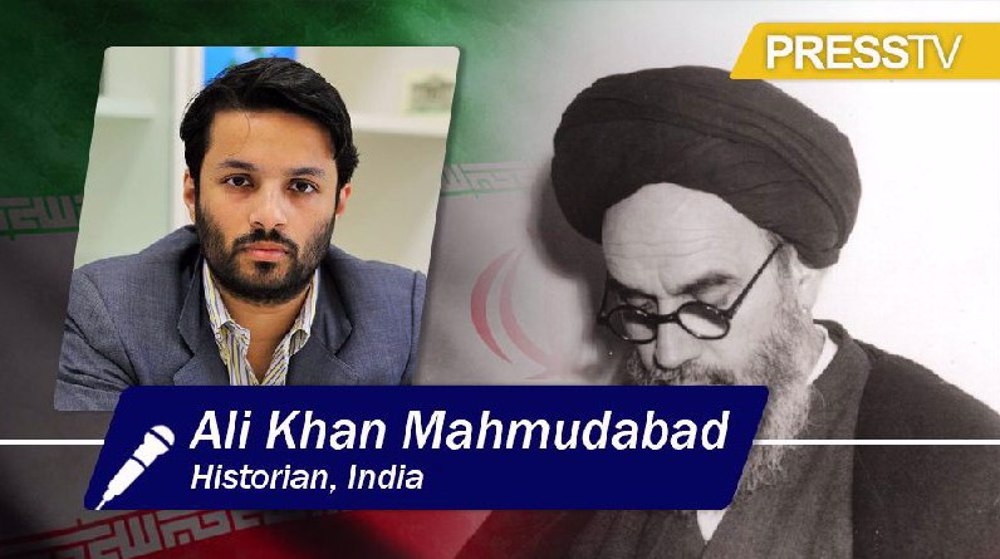

 This makes it easy to access the Press TV website
This makes it easy to access the Press TV website